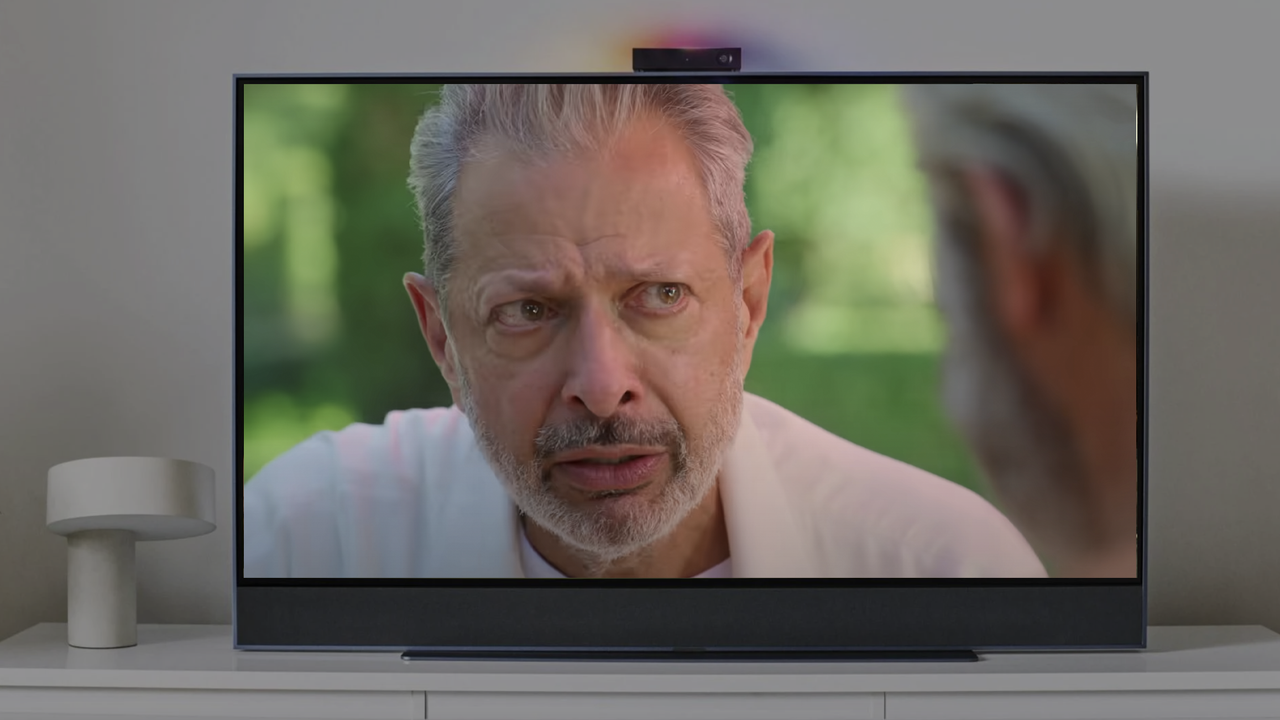
As I picked through my post this afternoon during lunch, I spotted a letter from Sky, which provides my digital television services via the Sky Glass that's setup in my kitchen. Yes, a real printed-on-paper letter with Sky's colourful fonts and, wait, what's this – Netflix is cancelled?! Well, sort of...
If you, like me, have a Netflix subscription wrapped into your Sky package – it's cheaper than going direct to the streamer, you see – then, from this December, you'll no longer have the same Netflix subscription. But it's not all bad news – you'll just be on a different package instead.
So what gives? Well, this is not 'a Sky thing' by any measure. In fact, that Netflix Basic is still being served for Sky is a minor miracle – as the service was meant to close back in June of this year, as reported. Basic's cancellation was replaced by Netflix's 'Standard with adverts', which is what users were swapped over to – and that's what Sky users will get by default too.
I know, I know, the dreaded 'with adverts' is enough to send a shiver down the spine. Amazon did similar earlier this year, too, by re-tiering its Prime subscription to require an additional supplement. Those who want an ad-free experience and, indeed, the provision of Dolby Vision high dynamic range (HDR) and Dolby Atmos three-dimensional audio, need to pay that extra toll – a further £2.99 per month.












But it's not all bad news for Netflix users, as the Sky letter explains. Netflix Basic is (or, technically, 'was') 720p resolution (or 'HD Ready' as some people still call it). That's far less detailed than 1080p resolution (or 'Full HD' as you'll often hear) – which, frankly, is the least you should expect these days – especially with 4K resolution (Ultra-HD) TVs now the norm. And Netflix Standard steps up to Full HD, so you'll get better quality.
More than the resolution bump, however, the new package comes with the ability to watch and download on two devices at the same time – not just one. That's particularly great if, say, I want to watch something on Sky Glass but it clashes with a show that someone else in the house wants to watch. Problem solved, both can be watched at once – with the second on a phone or tablet.
So what if you don't want ads as part of your Netflix viewing? You can call Sky to pay for an upgrade – while Netflix usually charges £10.99 per month, I believe it's 99p less with Sky direct (saving £11.88 a year). Or, if you want Netflix Premium for Ultra-HD (and spatial audio) then it's £15 per month – again, less than direct from Netflix, where it's £17.99 per month (thus saving £35.88 a year).
Sign up to the T3 newsletter for smarter living straight to your inbox
Get all the latest news, reviews, deals and buying guides on gorgeous tech, home and active products from the T3 experts
Welcome to the bold new world of the best streaming services, where it seems that ads are now just the de facto norm – unless you're willing to pay your way out of it, of course. There's plenty of quality to watch, though, including the 5 best new shows and movies this November.

Mike is T3's Tech Editor. He's been writing about consumer technology for 15 years and his beat covers phones – of which he's seen hundreds of handsets over the years – laptops, gaming, TV & audio, and more. There's little consumer tech he's not had a hand at trying, and with extensive commissioning and editing experience, he knows the industry inside out. As the former Reviews Editor at Pocket-lint for 10 years where he furthered his knowledge and expertise, whilst writing about literally thousands of products, he's also provided work for publications such as Wired, The Guardian, Metro, and more.
-
 This ultra high-end Sonos rival is made with precious metals and costs more than a car
This ultra high-end Sonos rival is made with precious metals and costs more than a carThe Houchmand M1 System promises incredible audio for (very) affluent audiophiles
By Carrie Marshall Published
-
 Nintendo Switch getting a big game sharing update ahead of the Switch 2 launch
Nintendo Switch getting a big game sharing update ahead of the Switch 2 launchLend and swap digital games between different Switch consoles more easily
By Rik Henderson Published
